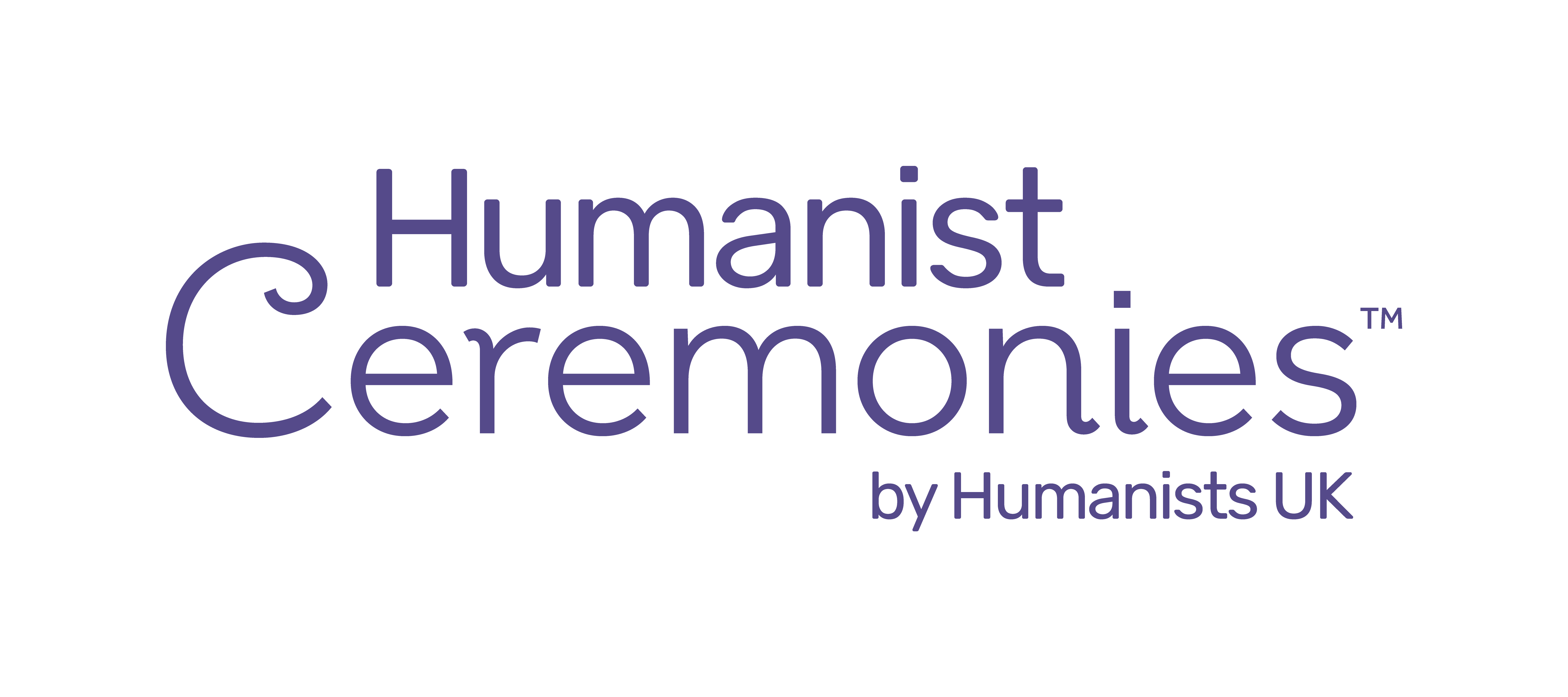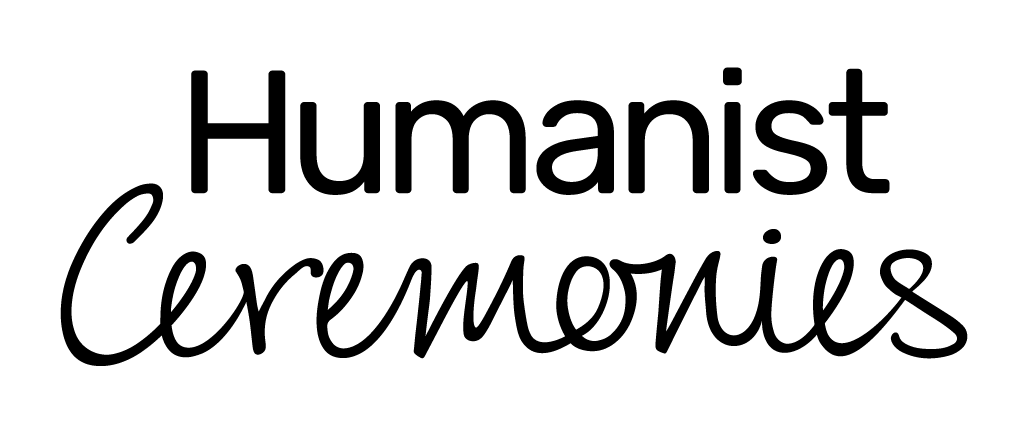Funerals and memorials
I feel that a fitting funeral or memorial is an important event for the family and friends of the deceased person, and handled with care and sensitivity it can be a very positive experience for them. The thanks I receive after a funeral show this. Many people want the ceremony to be a celebration of the life of the person who has died and this is something I can help with. During the ceremony I vary the mood, for instance by telling a light-hearted story from the life of the deceased person, and by reflecting the sorrow the family and friends are feeling. My approach to the ceremony expresses my nature; it is warm, friendly and respectful.
All our guests commented on what a wonderful celebration of life it was and how comfortable they felt.
Alison conducted a lovely, sensitive, ceremony with my husband at the forefront.
If I am asked to take a funeral or memorial, the first thing I do is arrange a virtual meeting with the family of the deceased. Friends and colleagues are welcome at this meeting too.
At the meeting we talk about the person who has died and their life. We discuss what music and poetry you would like in the ceremony. I can guide you in your choices and make suggestions. If any family member, friend or colleague would like to speak, or read a poem, at the ceremony, I encourage that. If someone doesn’t feel able to speak in public but would like to write a tribute, I am happy to read it out for them. If no-one wants to speak or write that is fine too, because I am able to write all the tribute myself.
Alison did an amazing job putting together the facts I had given her and the comments of my husband’s colleagues.
I have an outline for the ceremony that I find works well but I am open to any reasonable suggestion! Each ceremony is unique, not only because of the person whose life we are remembering, but also through the combination of music, poetry and speakers. It is custom-written for that particular person. Sometimes it feels right to have everyone singing something together. I sing with my local choral society and am happy to lead the singing. Football and rugby anthems and songs are popular choices. We can even sing a hymn if it is for cultural rather than religious reasons. For example we might sing “Jerusalem” in honour of a member of the Women’s Institute.
With all the information I have gathered, I write a full script for the ceremony which reflects the varied aspects of the life of the person. I have attended too many funerals where the deceased was called the wrong name. The first funeral I conducted was that of my own mother, partly because she was known by her middle name and I could not bear to think of a stranger referring to her by her hated first name. This is the sort of detail that I take care to get right.
Alison’s sympathy, kindness and professionalism was very comforting at this time and I am extremely grateful.
After the ceremony I give a printed copy of the script to close family members. I am also happy to email or post this to other family and friends, if requested. This can be helpful for someone who wasn’t able to be at the funeral. And for those who were there, reading it afterwards reminds them of what a fitting occasion it was. It also happens that because of the intensity of emotion at the time, you might not take in everything that is said, so reading it later captures the words you missed.
Getting a copy of the ceremony was a wonderful idea as I can send it to relatives and friends who were unable to attend.

